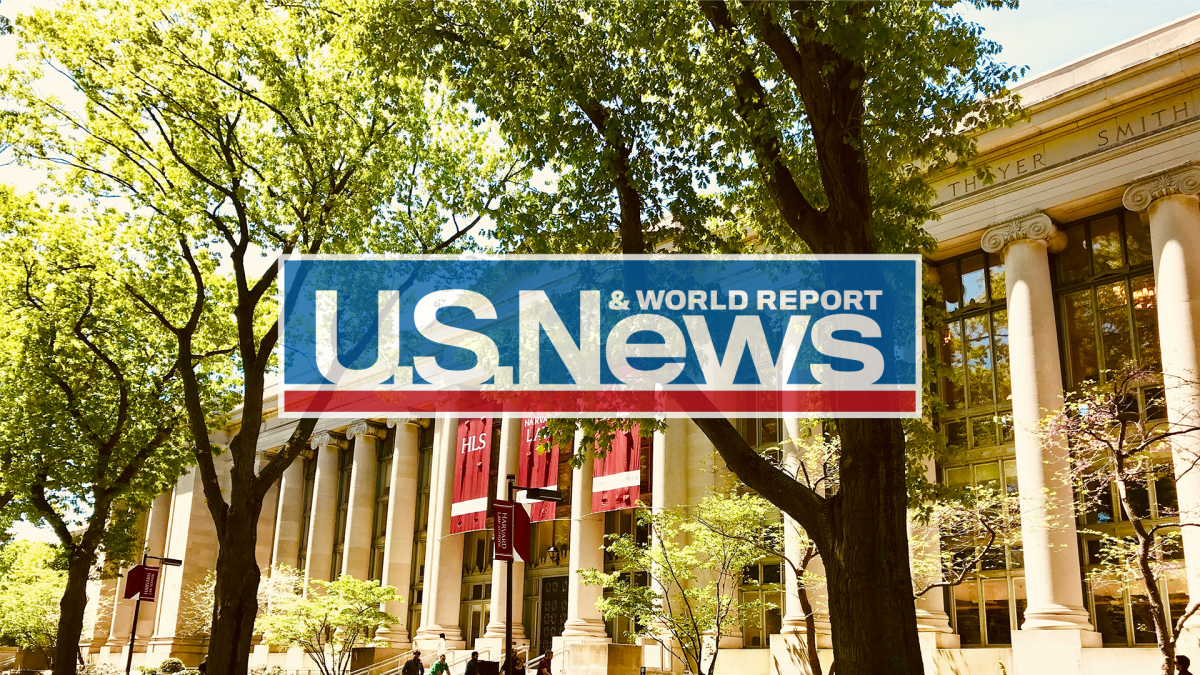Ted Cruz is a Tea Party candidate and Donald Trump is a radical outsider. One adamantly denies climate change while the other wants to ban all Muslims from entering the country. In any traditional campaign season, their talk of carpet-bombing the Middle East and calling captured veterans something less than heroes would be pushed aside, akin only to the smallest one percent of the most radical Republicans. However, the 2016 Republican Presidential campaign is a different beast from every election before it, and because of this, Donald Trump and Ted Cruz captured more than half of the Iowa caucus goers last Monday night. The same two candidates, the same radical, far-right candidates, are currently leading in the New Hampshire polls as well.
To the reasoned, moderate Republican, Trump and Cruz’s unparalleled success is deeply troubling and, if it continues, moderate Republicans could be left unable to cast a vote in November, trying to decide between a radical member of their party or its Democratic challenger.
Trump and Cruz are, in many ways, products of the Republican Party. For years, the party has become increasingly conservative, even though the rest of the country has remained more or less in the middle. Driven by a want to please its primarily older, white electorate, the party has forced itself to endorse more and more radical policies all the while alienating the more moderate voters that don’t fit into the party’s targeted demographics. But while the party has moved steadily more conservative and helps to give rise to the Trumps and the Cruzes of the world, there is still a large portion of Republicans that identify and vote as moderates.
Best estimates show that somewhere between 35 and 40 percent of the Republican Party are moderates, looking to vote for less radical candidates than Trump and Cruz. It should seem to reason then, that with such a large portion of the electorate, the moderates would easily be able to produce a strong candidate. But a swath of moderate Republican candidates still left in the race who are all gaining marginal support has dispersed this voice.
John Kasich, Jeb Bush, Chris Christie and Marco Rubio, the so-called moderates of the Republican race won just 29.6 percent of the vote in Iowa and are polling at just 36.5 percent in the more moderate state of New Hampshire. What makes New Hampshire even more troubling is the fact that all four are polling within 5.8 percent of each other, making it very likely that no clear moderate candidate will emerge from New Hampshire’s primary.
If no candidate can emerge soon, the moderate republican voice may very well be lacking come November. However, if the moderates can unite behind a single candidate, the moderate Republicans stand a chance. A third candidate to Trump and Cruz has a high chance at prevailing, but only if there’s a single third candidate, not the swath of moderates that are currently present.
In America’s current political state, a president is needed who can help bring our fractioned nation together. We desperately need a moderate candidate who can work across the aisle and create solutions that work and can be supported by all. On the Republican side, Trump and Cruz simply aren’t these candidates. But if a third candidate doesn’t emerge, and doesn’t emerge fast, then middle of the road Republicans will be left out in the cold.







